Each week, I volunteer in prison. I teach and practice meditation and mindfulness with inmates and other volunteers. Last July, we talked about freedom: what does "freedom" mean to us? (An interesting question to pose within prison walls.) One inmate shared these wise words, "When I was on the outside, I was 'free,' but not really free. I did drugs. I felt strong anger and acted out in violence. To me, freedom means being free of those toxic things. Being free of my anger."
It's possible to be free while in prison. It's also possible to be imprisoned while walking the streets freely. I can be boxed-in by old tapes in my head: stories of a wounded, unlovable self. Letting go is part of my healing. Letting go of perceived control ("If only I was more perfect, bad things wouldn't happen"). Letting go of judgment and expectations. Letting go of the need to know. Letting go of the need to be right. All of these lead to freedom: to ease, contentment, and love.
Years ago, when I was in academia, striving and performing, I would say to Mark, "I must do this work tonight." He'd respond, "Do you really? Is there no other choice?" It was a marked change in path when my answer shifted from, "No other choice, " to "Yes, there probably is another way." Even micro-choices feel like big steps toward freedom.

We don't control the bulk of life. We don't control external circumstances. But we have copious choice of how to build inner awareness and wisdom. Freedom doesn't exist outside us, it lives within us. How do we respond when things don't go our way? How do we cultivate seeds of compassion, hope, and happiness?
In each of us, there's spaciousness. There's awareness as big as the sky or the ocean. It takes practice—honest, gentle, persistent, patient practice—to access this spaciousness, but it's possible. Any time we think or say "I must," "I have to," or "there's no other way," this is an important place to pause—to pause and stay for a few breaths. Maybe there's another way. Maybe there's a small opening toward freedom.

